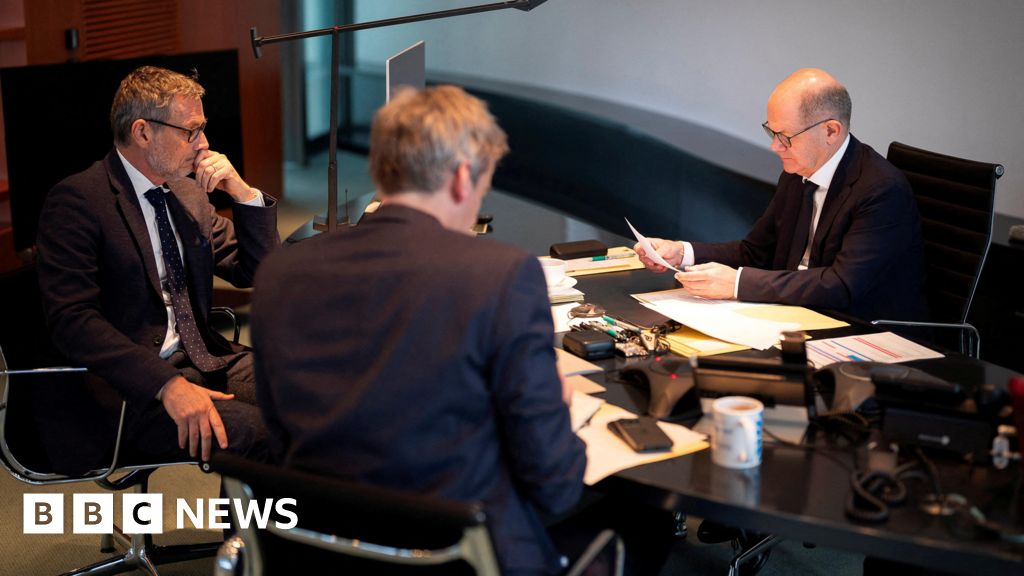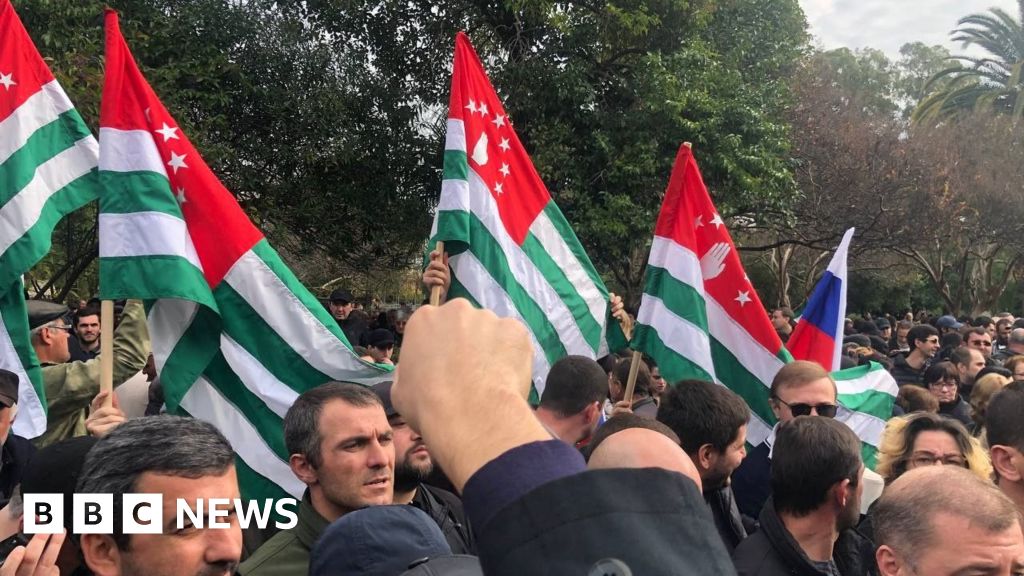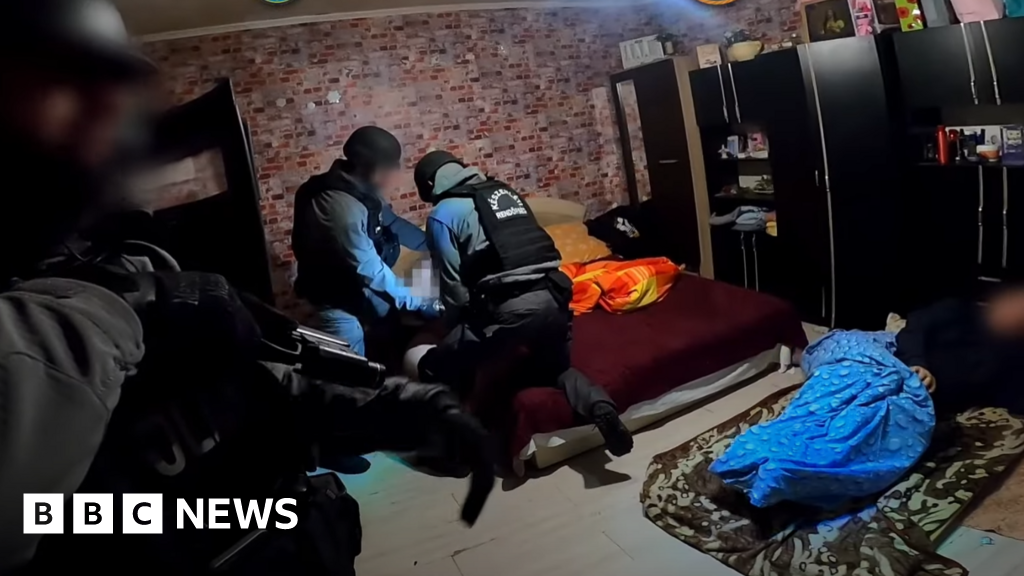ARTICLE AD BOX
Watch: Protests flare on streets of Peru's capital
By Vanessa Buschschlüter
BBC News
Peru's President Dina Boluarte has called for a "national truce" after protests that have rocked the country since her predecessor Pedro Castillo was ousted on 7 December.
Following her speech, thousands of people marched in the capital, Lima, demanding she resign.
Ms Boluarte was sworn in after Mr Castillo was impeached following his failed attempt to dissolve Congress.
More than 50 people have died in the subsequent unrest.
Hours after Ms Boluarte called for dialogue and urged calm, thousands of protesters clashed with police who fired tear gas. Some protesters threw rocks at the security forces.
There were shouts of "Boluarte, murderer", referring to the dozens of Peruvians who have been killed in confrontations with the police.
In her speech, President Boluarte said "radical groups with a political and economic agenda rooted in drug trafficking, illegal mining and smuggling" had incited Peruvians to protest.
She added that she supported the right to protest but rejected violence: "I, too, have marched as part of just fights for labour and student rights, but protests can't be accompanied by violence, destruction and death."
The president also alleged that many of those who had died had not been shot by police by by fellow demonstrators.
"The deaths occurred not where police were but in nearby streets," she said.
However, Peru's ombudsman has said that of the 56 people who have died in the unrest, 46 people were killed in direct clashes with the security forces.
The government has been accused of using excessive force in its efforts to quell the protests.
Speaking at a summit of Latin American and Caribbean leaders in Argentina on Tuesday, the president of neighbouring Chile, Gabriel Boric, said "we can't be indifferent today when in our sister nation Peru, people who go out to march and demand what they consider to be fair, end up shot by those who should defend them".
But Peru's justice minister insisted on Wednesday that his government had responded "appropriately" to the protests.
"Actions taken to restore public order have been undertaken in full compliance with constitutional and international obligations," he said in a video address to the United Nations Human Rights Council in Geneva.
Many of those protesting are demanding the resignation of Ms Boluarte, who was Pedro Castillo's vice-president and who came to power after Mr Castillo was impeached by Congress following his failed attempt to dissolve it.
Mr Castillo is in pre-trial detention facing charges of rebellion and fresh presidential elections have been scheduled for April 2024.
President Boluarte has said she hopes Congress will agree to hold the election earlier than April 2024 but she has ruled out resigning before those are held.

 1 year ago
19
1 year ago
19








 English (US)
English (US)